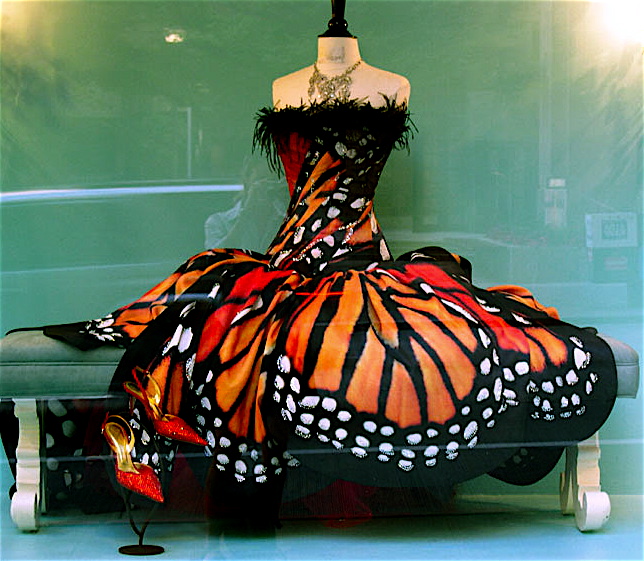
One of the coolest feelings is getting emails from patients who say, “I saw you speak, or I read your book, and you totally convinced me to get super aggressive with my doctor, or hospital, or employer, and it worked!”
Managing my own illness has at times felt lonely and defeating. When I’m crying on the phone with a receptionist trying to get a sooner appointment, or flat like a butterfly pinned down to an exam table, it’s easy to feel at the mercy of the system. That’s why it’s incredibly important for me to hear and tell success stories about being a pro-active patient. Here’s one:
Six hospital personnel were hovering over a table looking down at my neck: pathologists, radiologists, nurses, and fellows. They were preparing to do multiple ultrasound guided needle biopsies of deep nodes. Before they began, I sat up and said: “Before you start with the needles, could you first ultrasound my neck and compare it with the images from my previous ultrasound? If the nodes have shrunk significantly is it possible this is not cancer but swollen glands instead?”
They agreed with my suggestion, performed the ultrasound, made a comparison, and conference called my doctors. The nodes had shrunk considerably and did not merit biopsies. By speaking up, I avoided the pain of the procedure, anxiety of waiting for results, and saved my insurance company thousands of dollars.
I’m not a magician. I cannot pull insurance out of a hat or make my tumors vanish. But I can catch record keeping errors, reduce my risk of infection by asking my docs to wash their hands, and speak up when I’m having logical thoughts about my health that don’t jive with the care I’m getting. Forget the power of positive thinking. I’m about the power of positive, smart, and aggressive action.
Tell me your success stories - even simple ones - about being a proactive patient so other reader can be inspired to use your tricks. What helped you get an appointment, obtain medical records, change your course of treatment, gain approval from an insurance company, or make your care more efficient?
Learn more savvy patient tricks in Everything Changes: The Insider’s Guide to Cancer in Your 20s and 30s.
![]()
![]()
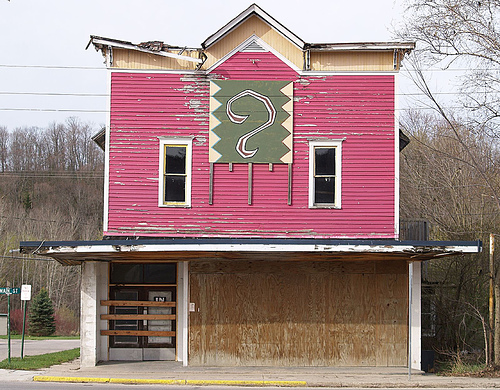
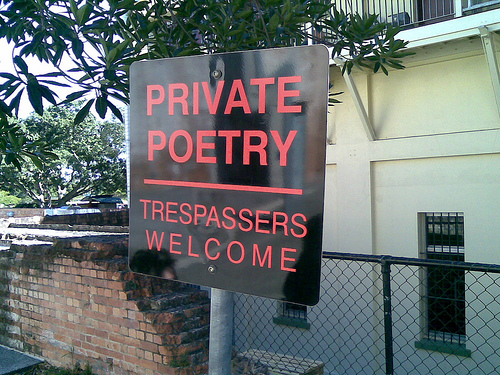
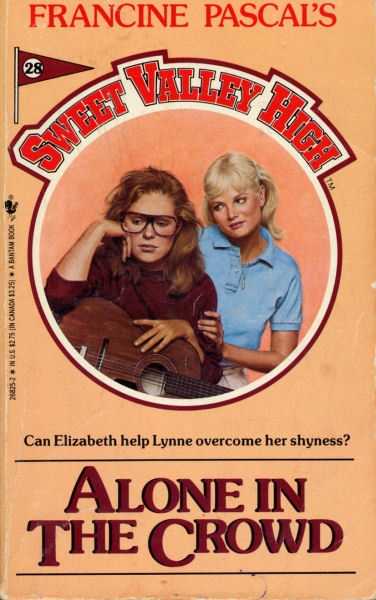
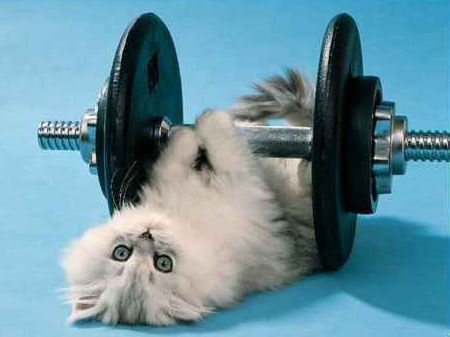
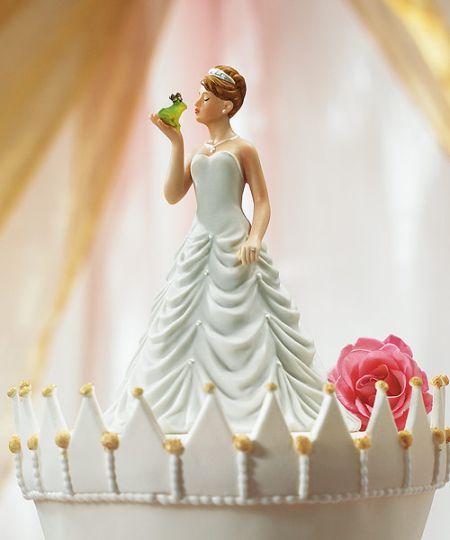
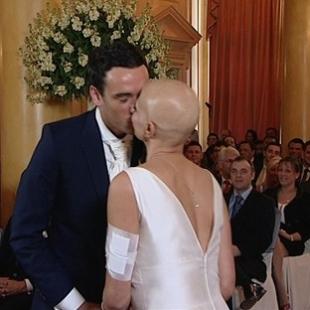

 “Everything Changes is, without doubt, the most forthright, emotionally sophisticated, and plain-old valuable book of its kind I've seen.”
“Everything Changes is, without doubt, the most forthright, emotionally sophisticated, and plain-old valuable book of its kind I've seen.”












